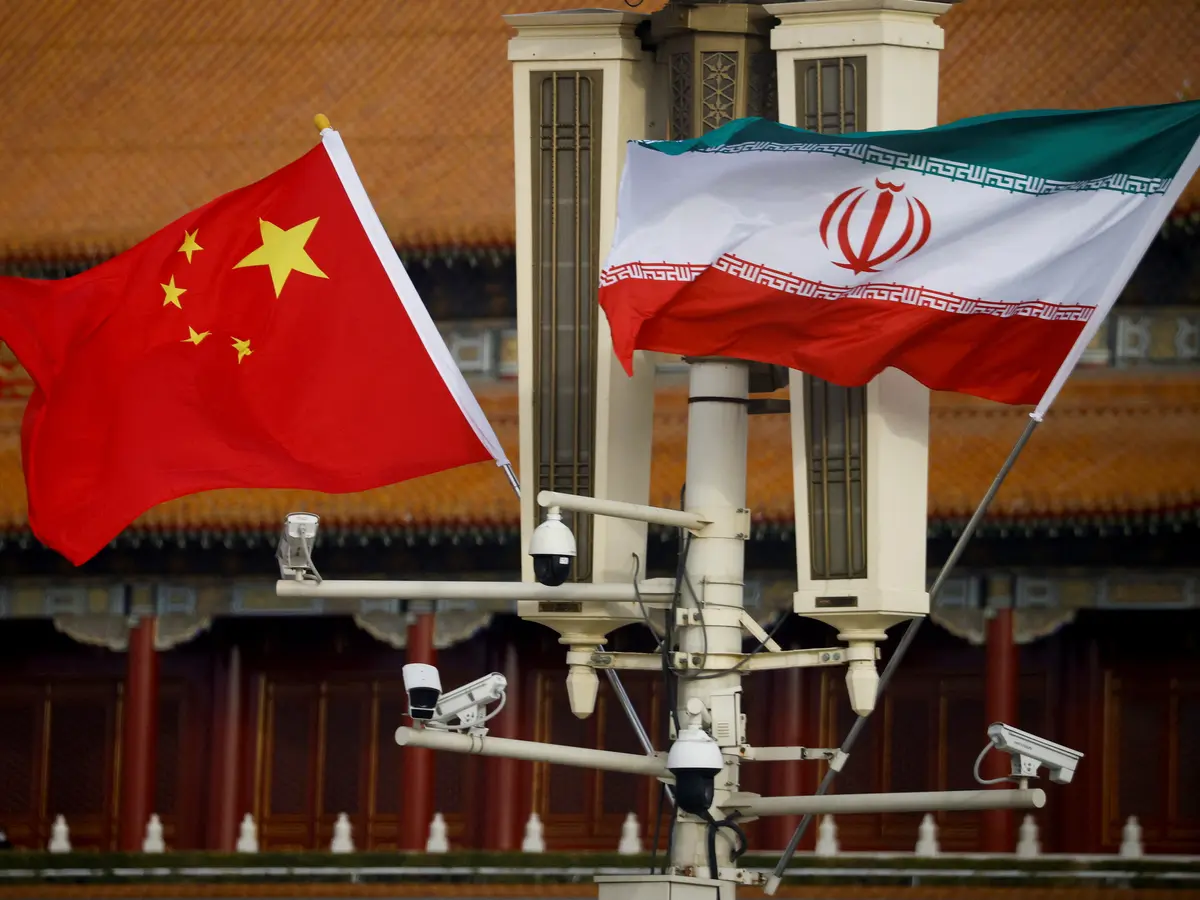DUBAI – Iran’s foreign ministry has called in the Chinese ambassador in Tehran to lodge a protest over a joint statement by China and the United Arab Emirates (UAE) concerning Iran’s sovereignty over three contested islands in the Persian Gulf, Iranian state media reported on Sunday.
The islands in question – Abu Musa, Greater Tunb, and Lesser Tunb – have been a point of contention between Iran and the UAE for decades. Iran has maintained control over these islands since 1971, just before the UAE was formed as an independent nation from the seven Gulf emirates previously under British protection. The UAE, a close ally of the United States, also claims sovereignty over the islands.
“Iran’s objection to the Chinese support of baseless claims in a shared UAE-China statement has been expressed to the Chinese ambassador in Tehran,” state media reported.
China, which has been one of Iran’s primary trading partners for the past decade, is now facing diplomatic friction with Tehran over its stance in the UAE-China joint statement. The statement reportedly supported the UAE’s claim to the disputed islands, prompting Iran’s strong reaction.
In response to the statement, the Iranian foreign ministry reiterated its stance, asserting that “the three islands are an eternal part of the country’s soil.” The ministry also called on China to reconsider and adjust its position on this sensitive issue.
The dispute over the islands has long been a source of regional tension. The strategic location of Abu Musa and the Tunb islands in the Persian Gulf adds to their significance, with both nations citing historical and legal justifications for their claims.
This diplomatic incident underscores the complexity of alliances and territorial disputes in the region, where international partnerships and historical grievances often intersect.
